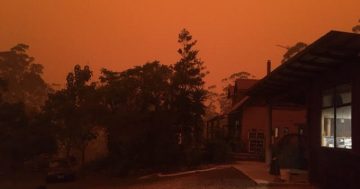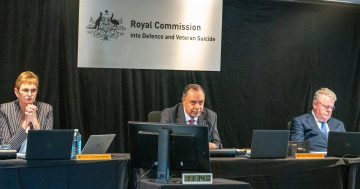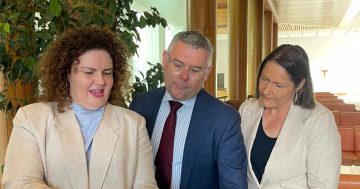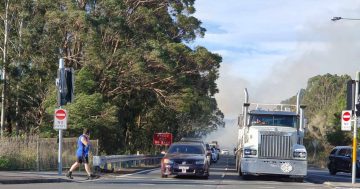
The Royal Commission into National Natural Disaster Arrangements has made 80 recommendations. Photo: Supplied.
Employment protection for emergency volunteers, an Australian-based aerial firefighting force and nationally consistent emergency information, such as air quality data and bushfire warning systems, have all been recommended by the Royal Commission into National Natural Disaster Arrangements.
The effects of climate change were explicitly recognized by the report, which also warns that traditional firefighting methods may no longer be effective in the face of extreme conditions.
The report found that the current arrangements for managing disasters needed to be overhauled to be able to cope with the increasing risk of more severe disasters in the future.
Among the 80 recommendations is that the Federal Government have the power to declare a national emergency and take action without a state or territory requesting assistance first.
“Extreme weather has already become more frequent and intense because of climate change; further global warming over the next 20 to 30 years is inevitable,” the report said.
“Globally, temperatures will continue to rise, and Australia will have more hot days and fewer cool days. Floods and bushfires are expected to become more frequent and more intense. Catastrophic fire conditions may render traditional bushfire prediction models and firefighting techniques less effective.
“Integrating up-to-date climate and weather intelligence into scenario planning will reduce the risk that future extreme seasons are outside the realms of expectations. To date, regional climate modelling in Australia has been done on an intermediate scale, on an ad hoc basis, and would benefit from a more coordinated national approach.”
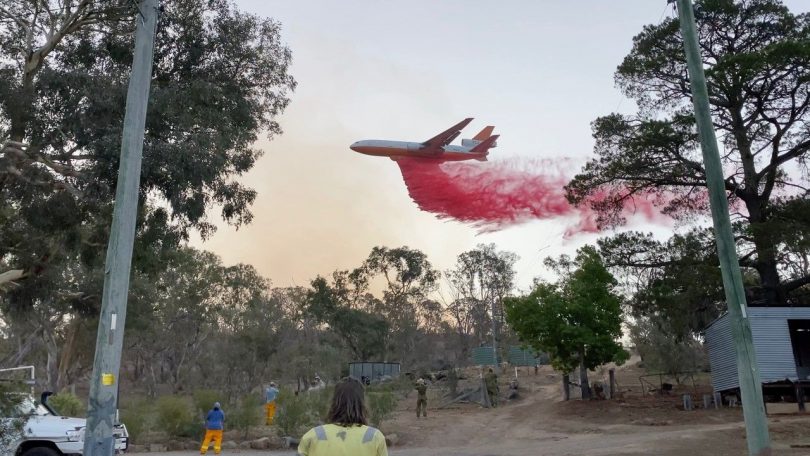
The Royal Commission has recommended a sovereign aerial firefighting fleet. Photo: Gary Hooker.
The Commission also flagged the importance of standardised equipment and information systems, including bushfire warning apps.
Fires traversing the NSW and Victorian borders would cut off on the respective border of each state’s app and ACT residents had trouble with the NSW Fires Near Me app.
There was a lag in transferring data between the ACT and NSW as well as trouble caused by fires changing names when they crossed state borders.
But the ACT will continue to use the app, Emergency Services Commissioner Georgeina Whelan said.
“One of the learnings for us was consistency in messaging, particularly with cross-border fires. We have been working very hard to ensure that the time lag between entering the data and it appearing on the app is down to a fine art now,” she told Region Media.
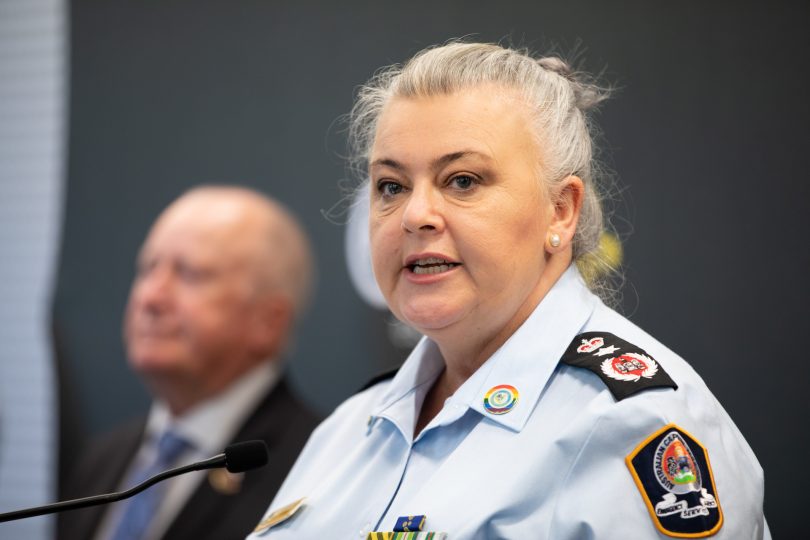
Emergency Services Commissioner Georgeina Whelan said the ESA had been working on better interoperability between the ACT and NSW. Photo: Region Media.
“Clearly, there is still some work to be done for a national mapping system and that is some time away, but we will be more considered in our maps and as a fire crosses the border, our maps can reflect that. There is a lot more understanding now that our maps should overlap.”
Despite the report mentioning the effects of climate change acting as a catalyst for more severe fire seasons, the correlation with emissions is largely buried, first being mentioned on page 60, professor at the Climate Change Institute Mark Howden told Region Media.
“The report acknowledges the climate is changing but the recommendations do not address the fundamental driver of climate change,” he said.
Mr Howden put this down to politics, saying that the Commission’s Terms of Reference focused on the risks of the global climate crisis to Australia, framing mitigating climate change as outside the scope of the inquiry.
The full report can be accessed at The Royal Commission into National Natural Disaster.
Original Article published by Dominic Giannini on The RiotACT.






